How to Choose the Right Pump for Slot-Die Coating: A Complete Guide
For slot-die coating, a Double Jumbo Syringe Pump is ideal for flexible volumes, while a Mammoth Syringe Pump with a 300 ml stainless steel syringe suits larger volumes. A Gear Pump is best for continuous, precise flow control.
Slot-die coating is one of the most precise and efficient methods for applying uniform thin films, commonly used in applications like solar cells, batteries, fuel cells, and printed electronics. Achieving high-quality, defect-free coatings depends heavily on selecting the right pump, as it directly influences the stability, consistency, and accuracy of ink delivery to the slot-die head. This guide covers the key factors to consider in choosing a pump specifically for slot-die coating. From handling various viscosities to controlling flow rates with precision, we’ll explain the strengths of different pump types—such as syringe, gear, and screw pumps—so you can make an informed choice suited to your coating needs.
Pumps for Lab Scale Ink Delivery
Pumps are vital tools in laboratory work, serving as indispensable instruments for the precise handling and transfer of liquids. Their ability to deliver accurate volumes and maintain controlled flow rates ensures that experimental conditions are consistent, which is crucial for obtaining reliable and reproducible results. A wide variety of pumping mechanisms exist, so choosing the right one is essential to meet specific experimental requirements. Below are key factors to consider:
What volumes of liquid are required to be pumped?
Which pumping speeds are required?
What are viscosity ranges of the liquid(s) needed to be pumped?
Does the liquid contain particles?
Is the liquid corrosive/reactive?
Does the liquid contain sensitive materials that needs to be protected?
What are the requirements for cleanliness of the pump?
How difficult is it to clean the pump after use for the desired liquid?
Various types of pumps, such as gear pumps and syringe pumps, offer versatility in handling different types of fluids, including corrosive and sensitive materials, thereby enhancing safety during experiments. Additionally, pumps facilitate automation in liquid handling processes, reducing the risk of human error and increasing the efficiency of workflows.
In Roll-to-Roll (R2R) processing, a flexible substrate is unwound, passed through stages like coating and drying, then rewound, enabling efficient, high-throughput production of thin films. The Laboratory Roll-to-Roll Coater is a prime example, supporting applications like solar cells, batteries, and fuel cells.
Pumps and Slot-die Coating
Pumps are essential for ink delivery in slot-die coating processes, as they ensure a consistent and precise flow of ink, which is critical for achieving uniform coating thickness and high-quality output. By maintaining stable pressure and flow rates, pumps prevent fluctuations that could lead to defects in the coating, such as streaks, bubbles, or uneven surfaces. Specialized pumps designed for viscosity control are especially valuable, as they allow effective handling of various ink formulations, ensuring that inks are delivered smoothly and accurately to the slot-die head. Efficient ink delivery systems minimize waste and enhance productivity, making pumps a fundamental component in manufacturing slot-die coated products, such as solid-state Li-ion batteries, fuel cells, supercapacitors, solar cells, and various packaging materials.
Choosing the right pump contributes to the quality, reliability, and cost-effectiveness of slot-die coating applications.
-
Slot-die coating is a highly efficient and precise technique used to apply thin, uniform layers of liquid materials, such as inks, paints, battery slurries or functional coatings, onto various substrates. In this process, a die with a narrow slot at its lower edge is used to dispense the coating material uniformly across the substrate, which passes underneath the die. The liquid is delivered at a controlled rate, using a pump, forming a continuous film that adheres to the surface as the substrate moves. This method is particularly advantageous for large-area applications, as it minimizes waste, allows for high-speed production, and produces consistent coating thicknesses.
Considerations for Choosing a Pump for Slot-Die Coating
In addition to general requirements, specific considerations for slot-die coating include:
Ink Formulation Compatibility: Inks can vary widely in viscosity, particulate content, and chemical reactivity. Choosing a compatible pump ensures ink integrity and avoids clogging or damage.
Control Requirements: The ability to precisely control flow rates and pressure is vital for slot-die applications, where even minor inconsistencies can affect coating uniformity.
Maintenance and Cleaning: Slot-die coating systems often require quick changeovers and minimal downtime. Choosing a pump that’s easy to disassemble, clean, and maintain helps keep processes efficient.
Different Pumps for Slot-die Coating
Several types of pumps are commonly used for ink delivery in slot-die coating, each with unique advantages and applications:
Peristaltic Pumps
Peristaltic pumps move fluids through a flexible tube by compressing and squeezing the tube with rollers or shoes mounted on a rotor. As the rollers rotate, they create a vacuum that draws fluid into the tube, and as they pass through, they push the fluid forward to the outlet. This mechanism allows for smooth and controlled flow of the liquid being pumped.
Gear Pumps
Gear pumps use the interlocking action of gears to move fluids. In a gear pump, two or more gears rotate within a casing, creating suction on the inlet side and pushing the fluid through the pump to the outlet side. Gear pumps are known for their ability to handle various types of fluids, including those with different viscosities, and are commonly used in applications requiring precise, consistent flow.
Screw Pumps
Screw pumps utilize one or more rotating screws to move fluids. The fluid is drawn into the pump through the inlet, where it is then conveyed along the length of the screw(s) by the rotation of the screw(s) within a cylindrical casing. This type of pump is capable of moving a wide range of fluids, including those with high viscosities, and is known for its ability to produce a continuous flow.
A syringe pump is perfect for precise, controlled dispensing of small to medium fluid volumes.
A gear pump is perfect for continuous, high-precision flow in demanding applications.
Syringe pumps
Syringe pumps use a motorized syringe to precisely control the dispensing of fluids. The pump consists of a syringe that is pushed or pulled by a stepper motor, allowing for accurate control over the volume and flow rate of the fluid being delivered. Syringe pumps are highly regarded for their precision and versatility in handling various applications.
Piston pumps
uses a piston to move fluids through a cylinder. The basic operation involves a piston that slides back and forth within a cylinder, creating suction during the intake stroke and pushing the fluid out during the discharge stroke. Piston pumps are commonly used for various applications, particularly where high pressure and efficient fluid movement are required.
Each of these pump types plays a vital role in ensuring that the ink is delivered consistently and effectively, contributing to the quality and efficiency of the slot-die coating process. The choice of pump often depends on the specific ink properties, desired flow rates, and application requirements.
Pump Selection Guide for Slot-die Coating
| Pump Type | Peristaltic | Gear | Screw | Syringe | Piston |
|---|---|---|---|---|---|
| Ink Properties | |||||
| Particles | + | - | - | + | - |
| Viscosity Range | Low to High | Low to High | Low to High | Low to High | Low to High |
| Non-Newtonian Fluids | (+) | + | + | - | (+) |
| Abbrasive | + | - | - | + | - |
| Pump Properties | |||||
| Capacity | Continues | Continues | Continues | Limited | Continues |
| Flow Range | Low | Low to High | Low to High | Low | Low |
| Pressure | Low | Low to High | Low to High | Low to Medium | Low to High |
| Pulsation | High | Minimum | Minimum | Low | Low |
| Cleaning | Moderate | Complex | Complex | Simple | Complex |
| Precision | High* | High* | High* | High | High* |
* Might need calibration depending on the viscosity of the fluid.
Understanding the differences between non-heated and heated slot-die heads is vital for selecting the best option for your specific coating needs. Be sure to read our guide on non-heated vs. heated slot-die heads.
Conclusion: Selecting the Right Pump for Slot-Die Coating
Selecting the right pump for slot-die coating involves balancing fluid characteristics, precision needs, and operational demands. For processes that demand exacting flow rates and uniformity, gear and syringe pumps are preferred due to their precision, while screw pumps offer greater flexibility for high-viscosity inks. Proper pump selection not only enhances coating quality but also reduces waste and operational costs, supporting sustainable and efficient manufacturing processes.


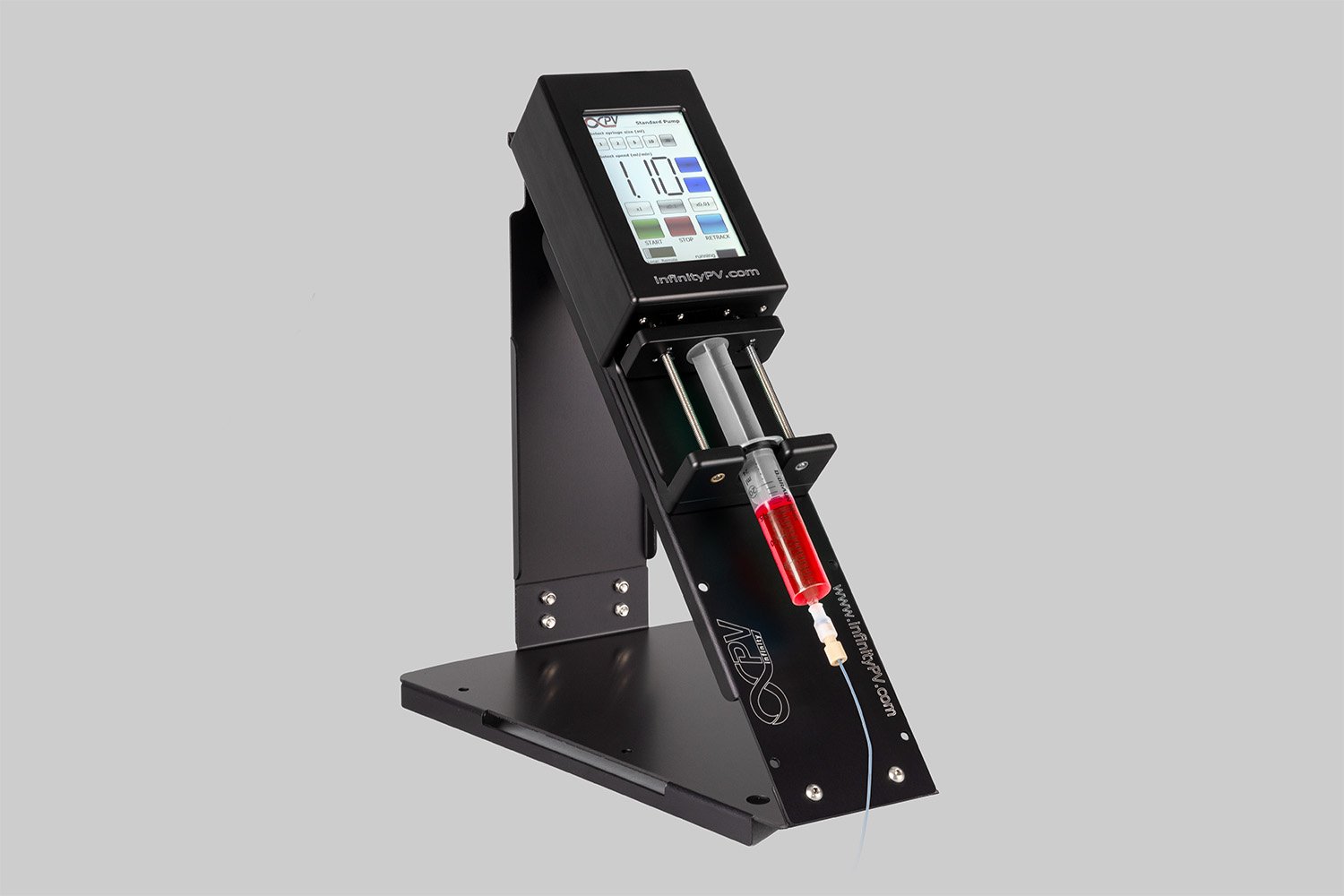
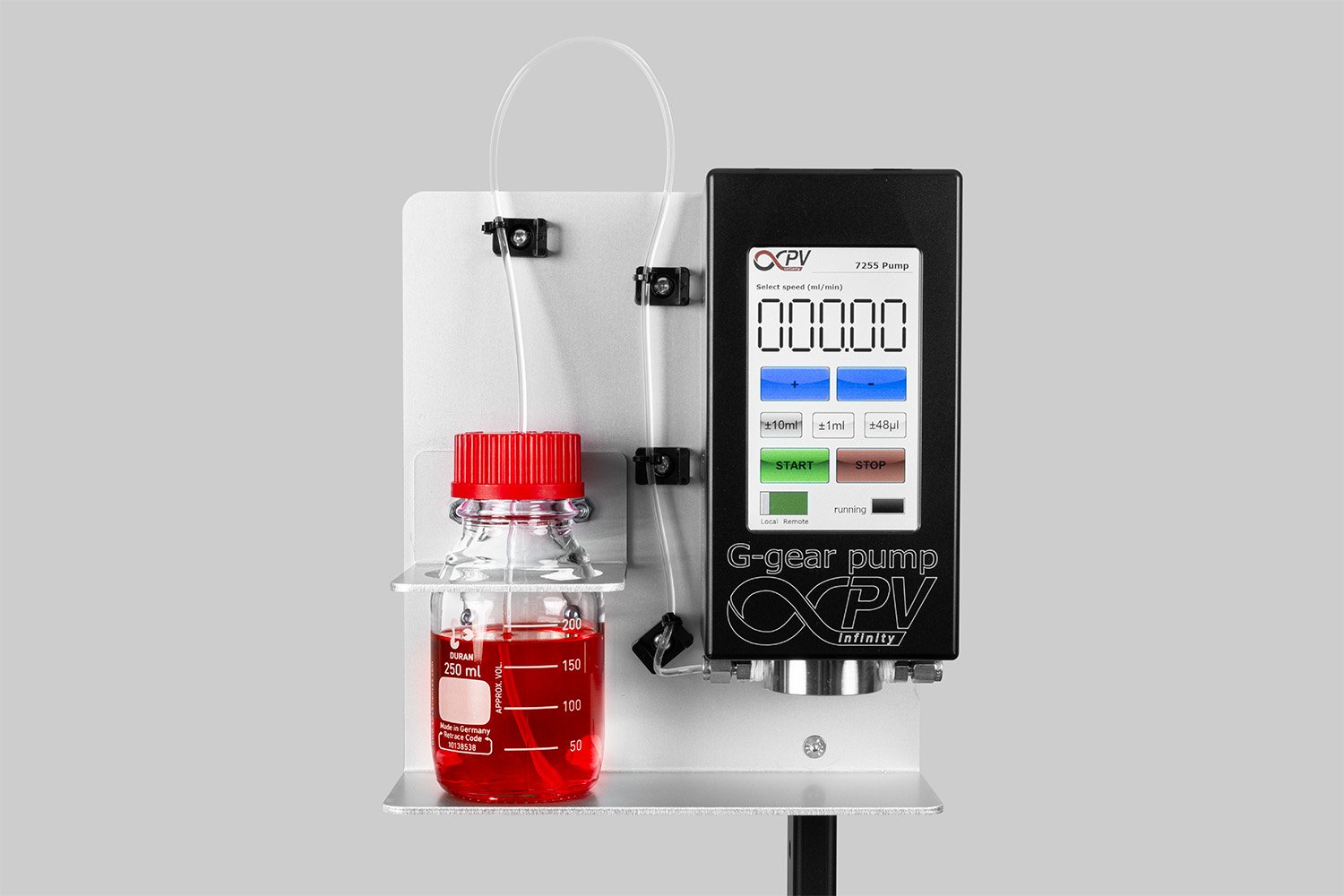







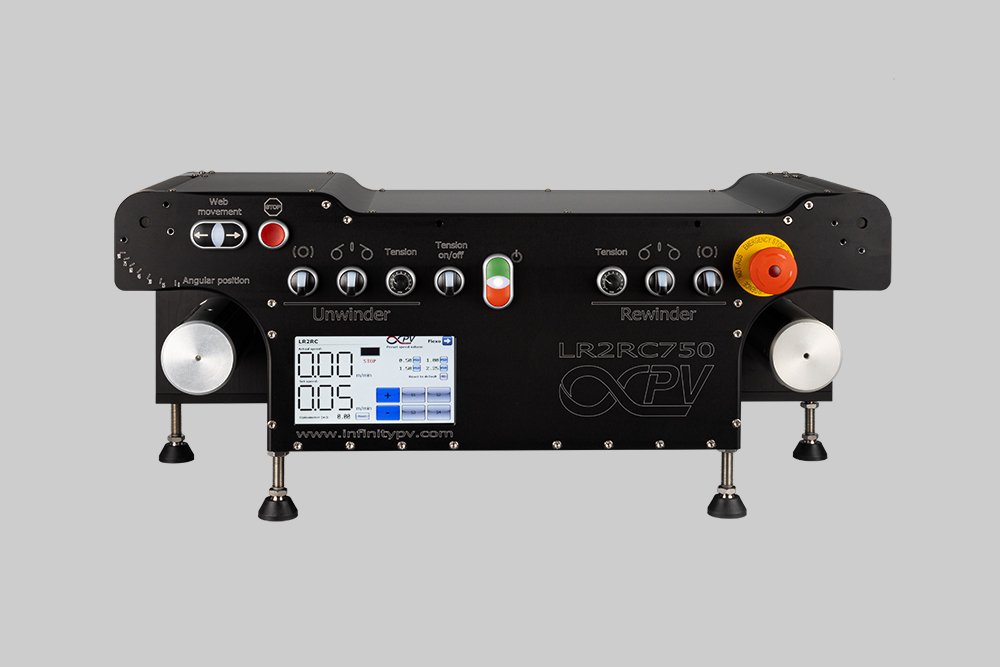



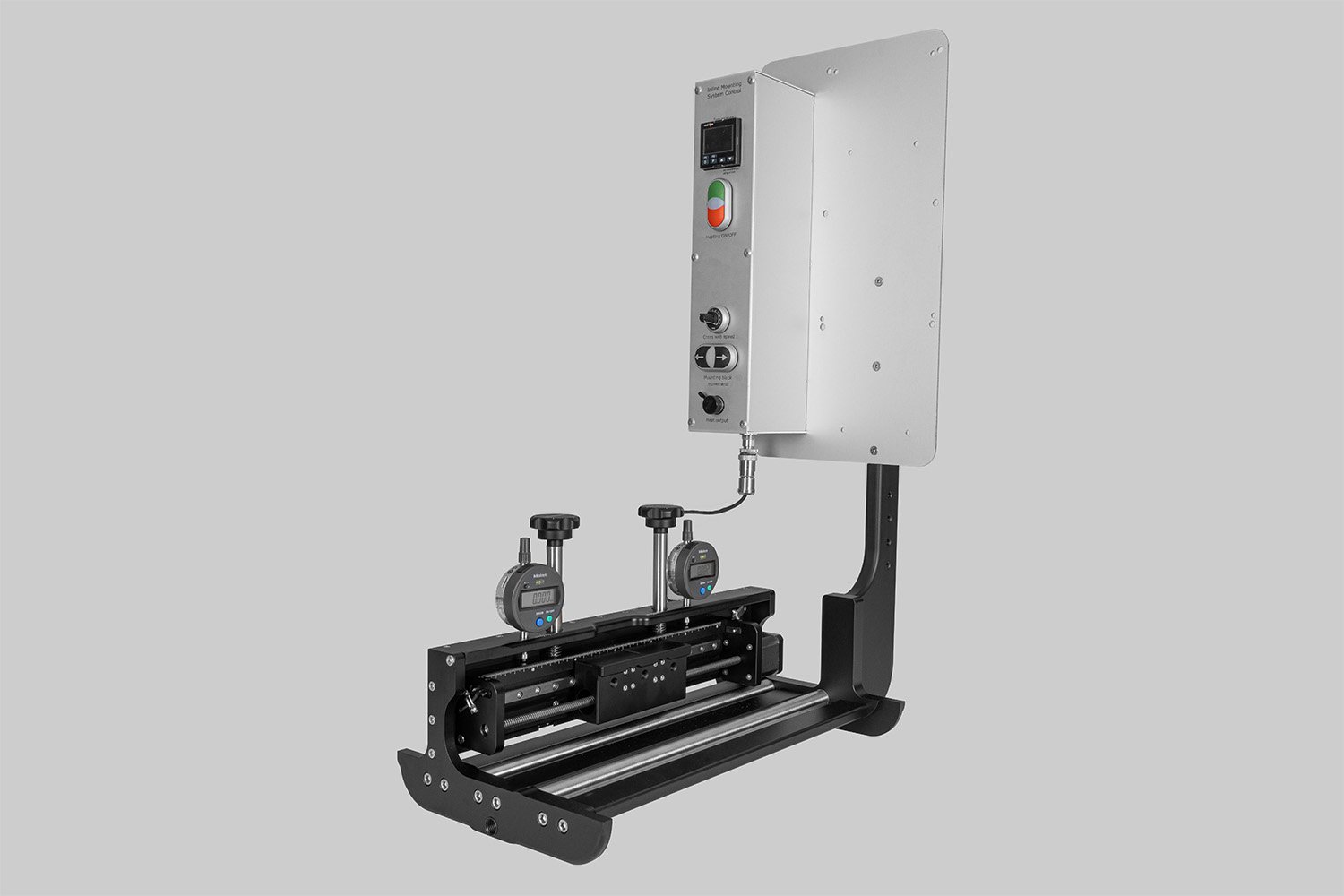
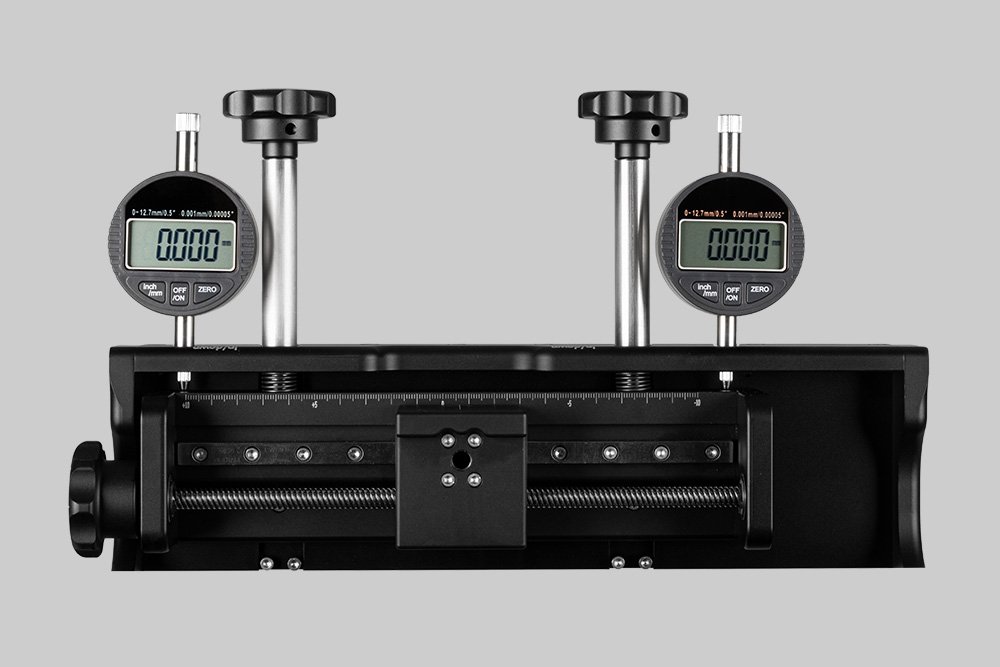
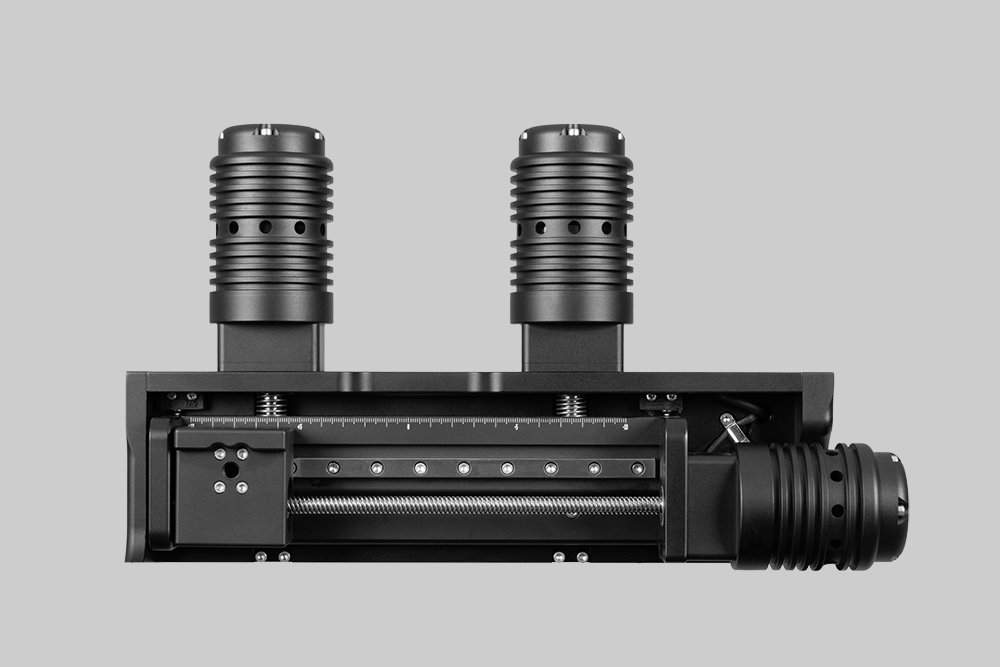


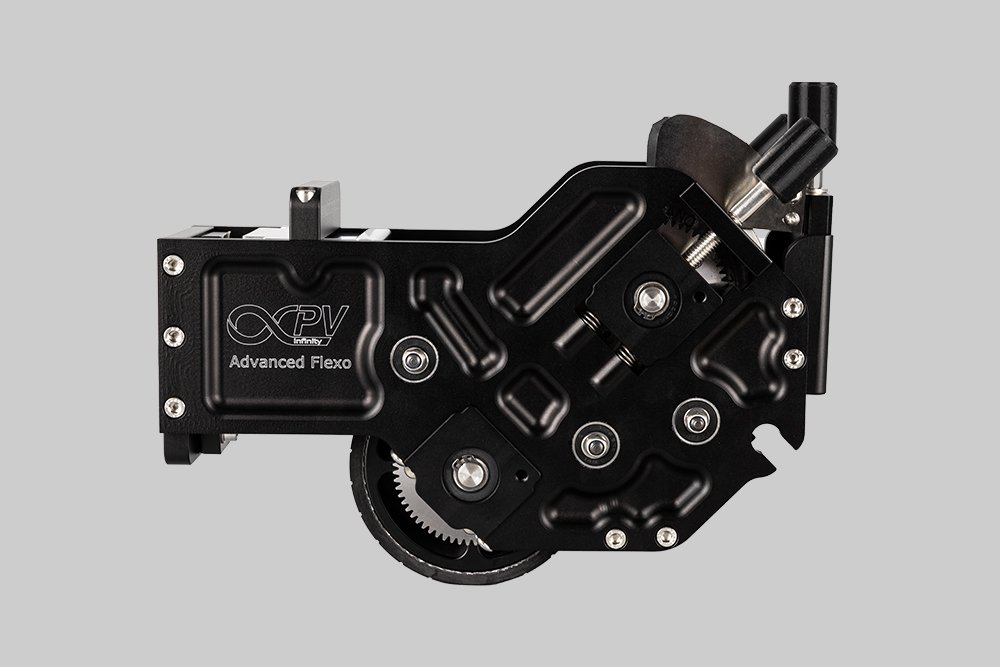
Probably the World’s Most Compact R2R Slot-die Coater: A compact, fully integrated roll-to-roll coating platform for laboratories, complete with a mounting system, anodized rollers, a syringe pump, a 65 mm stainless slot-die head and an infrared oven system—delivering unmatched precision and scalability.